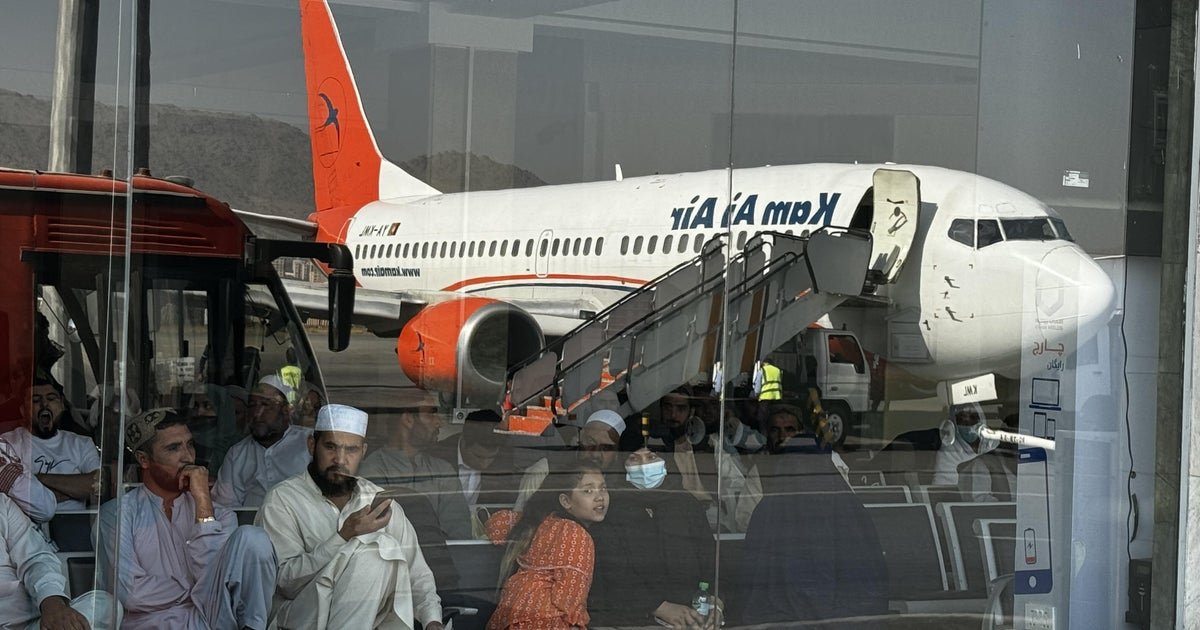Sam Altman’s identity verification venture World is launching its eye-scanning Orb product in the U.K.
World
LONDON — World, the biometric identity verification project co-founded by OpenAI CEO Sam Altman, is set to launch in the U.K. this week.
The venture, which uses a spherical eye-scanning device called the Orb to scan people’s eyes, will become available in London from Thursday and is planning to roll out to several other major U.K. cities — including Manchester, Birmingham, Cardiff, Belfast, and Glasgow — in the coming months.
The project aims to authenticate the identity of humans with its Orb device and prevent the fraudulent abuse of artificial intelligence systems like deep fakes.
It works by scanning a person’s face and iris and then creating a unique code to verify that the individual is a human and not an AI.
Once someone has created their iris code, they are then gifted some of World’s WLD cryptocurrency and can use an anonymous identifier called World ID to sign into various applications. It currently works with the likes of Minecraft, Reddit and Discord.
initial launch as “Worldcoin” in 2021, Altman’s World has been plagued by concerns over how it could affect users’ privacy. The startup says it addresses these concerns by encrypting the biometric data collected and ensuring the original data is deleted.
On top of that, World’s verification system also depends on a decentralized network of users’ smartphones rather than the cloud to carry out individual identity checks.
Still, this becomes harder to do in a network with billions of users like Facebook or TikTok, for example. For now, World has 13 million verified users and is planning to scale that up.
Ludwig argues World is a scalable network as all of the computation and storage is processed locally on a user’s device — it’s only the infrastructure for confirming someone’s uniqueness that is handled by third-party providers.
widespread adoption, it has also been the target of criticisms for lax security and allegedly worsening social inequality for Indians.
“We’re beginning to see governments now more interested in how can we use this as a mechanism to improve our identity infrastructure,” Ludwig told CNBC. “Mechanisms to identify and reduce fraud is of interest to governments.”
The technologist added that World has been talking to various regulators about its identity verification solution — including the Information Commissioner’s Office, which oversees data protection in the U.K.
“We’ve been having lots of conversations with regulators,” Ludwig told CNBC. “In general, there’s been lots of questions: how do we make sure this works? How do we protect privacy? If we engage with this, does it expose us to risks?”
“All of those questions we’ve been able to answer,” he added. “It’s been a while since we’ve had a question asked we didn’t have an answer to.”


